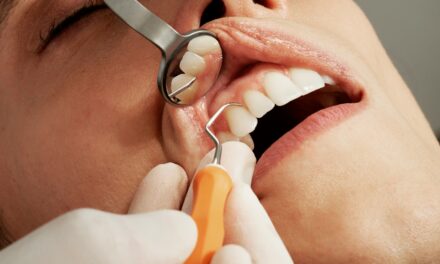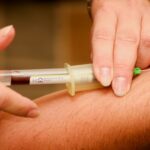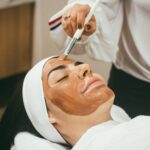According to a new survey, a significant number of doctors and patients are calling for the introduction of new specialist training for cosmetic surgeons in a bid to rid the industry of cowboy practices.
The survey published exclusively in The Mail on Sunday, polled 500 clinicians and 2,000 women. Hundreds of medical professionals said recently qualified consultants were unlikely to be competent enough to undertake specialist surgical procedures – like breast augmentations and tummy tucks – even though there is currently no official requirement for them to complete any further certified training.
Just one in 14 said they believed NHS training alone was enough, and a third of doctors said clinicians should undergo at least three months worth of advanced training before using injectables like muscle relaxing injections and dermal fillers.
The same number believed practitioners should have ‘a minimum of three months’ training to perform laser-assisted treatments for acne, skin tightening or rejuvenation and hair removal.
 The study revealed 75 per cent of female patients would feel ‘more confident’ undergoing cosmetic surgery if it was compulsory for doctors to take an advanced special qualification.
The study revealed 75 per cent of female patients would feel ‘more confident’ undergoing cosmetic surgery if it was compulsory for doctors to take an advanced special qualification.
The results – carried out to coincide with the Clinical Cosmetic and Reconstructive Expo (CCR Expo) in October – are revealed in light of Health Education England (HEE) releasing the first part of its review into training for non-surgical cosmetic procedures in September.
Officials have suggested that practitioners injecting muscle relaxing injections like Botox, or dermal fillers, have specialist qualifications. The proposals incorporate undertaking a bare minimum of training hours, being trained to spot patients with mental health issues and observing experienced clinicians, meaning newly qualified doctors will be allowed to treat patients once deemed competent with the injectable guidelines.
The Mail on Sunday’s established Stop The Cosmetic Surgery Cowboys campaign demands tougher regulation to protect patients.
“We want a minimum standard for surgeons, proper regulation for those practising cosmetic surgery and an end to hard-sell tactics,” reported the newspaper.
Unsurprisingly, the survey revealed doctors felt professional associations such as the BAAPS and the BCAM should be responsible for training.
The organisation Save Face is assembling a voluntary register of non-surgical cosmetic practitioners who are carefully vetted by doctors prior to being accredited enabling consumer confidence when selecting a clinic for treatment.
What do you think?
Tweet your comments and opinions to @thsjournal or email laura@cffmedia.co.uk


















